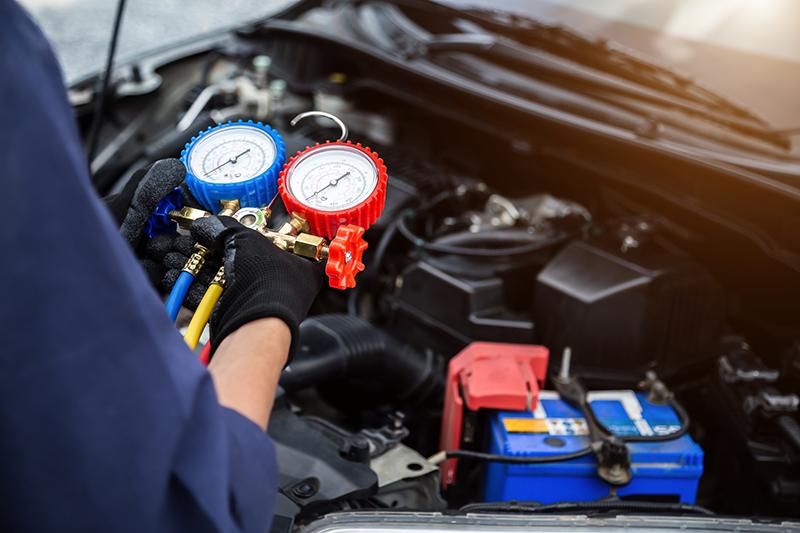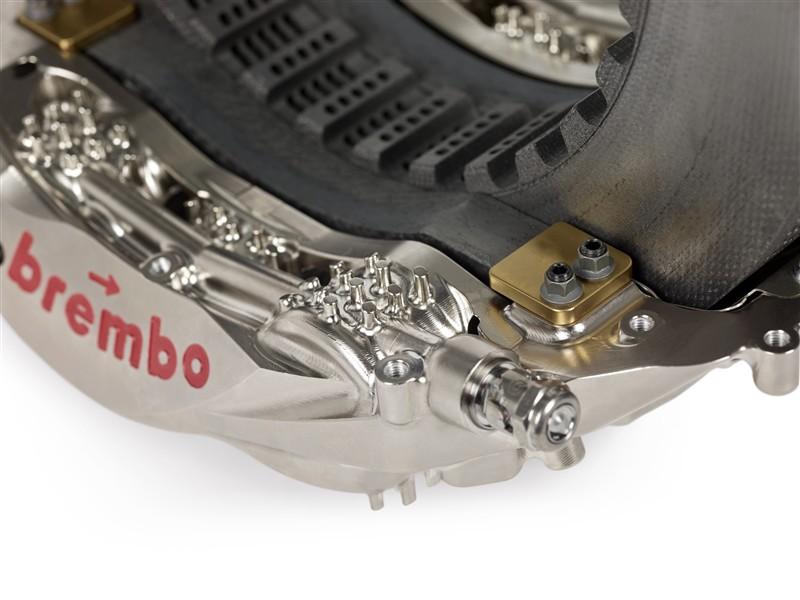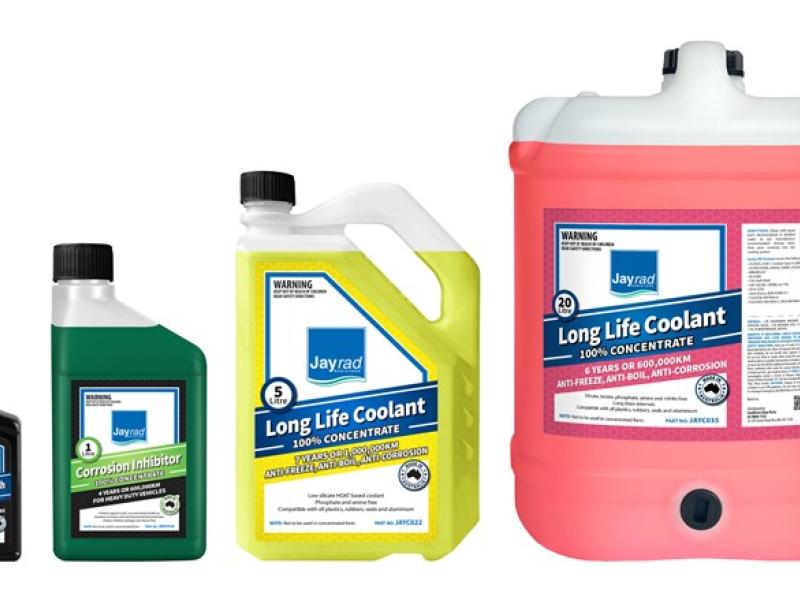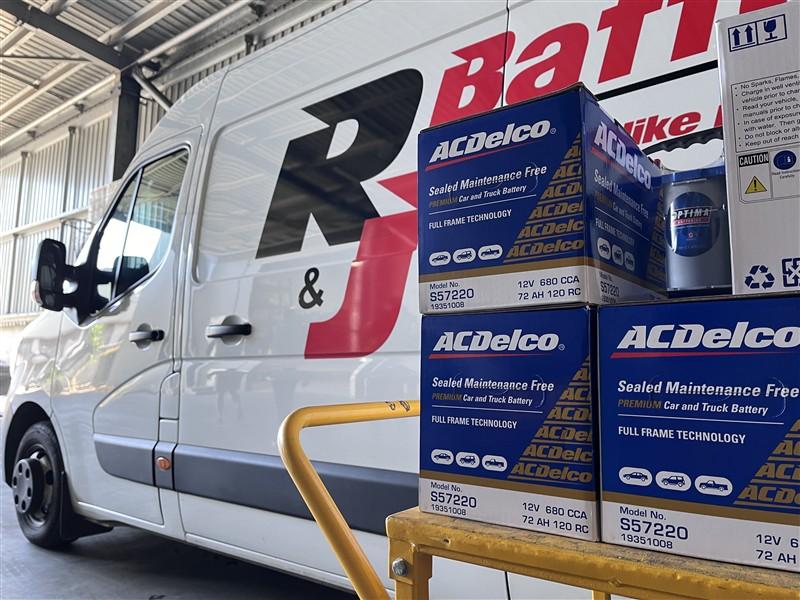In December 2024, Minister for the Environment, Hon. Penny Simmonds, announced that new regulations are being worked on to help reduce the environmental impact of refrigerants and other synthetic greenhouse gases, with the Cool-Safe product stewardship scheme leading the way. The scheme’s focus is on making sure everyone, including the auto industry, take responsibility for how these products affect the environment, from start to finish.
With an obligation to participate in the scheme, we can better manage refrigerants across their life cycle, and work towards getting rid of a cool two percent of New Zealand’s climate emissions.
Product stewardship is when a producer, brand owner, importer, retailer or consumer accepts responsibility for reducing a product’s environmental impact throughout all stages of the product’s life cycle.
The scheme, which has already demonstrated its impact in reducing environmental harm, will soon be mandatory for all stakeholders in the refrigerant lifecycle. By ensuring proper disposal, tracking, and training, Cool-Safe will help ensure that New Zealand meets its climate goals and protects our environment for generations to come.
The Cool-Safe scheme remains voluntary until regulations are in place. “Putting regulations in place is an important step in making sure everyone involved in the synthetic refrigerants industry plays their part in reducing the environmental impact of their products,” Ms Simmonds says.
“Emissions from synthetic refrigerants are mostly due to leaks from poor equipment installation and management, or from improper disposal. A product stewardship scheme will significantly reduce these emissions.”
“I congratulate the Trust on leading a scheme that will make a real difference in reducing these emissions and managing the environmental impact of these products.”
What this means for cars and refrigerants
In cars, the refrigerants used in air conditioning are super important for keeping things cool, but if they’re not managed right, they can harm the environment. That’s where Cool-Safe comes in – it’s all about ensuring that refrigerants are destroyed properly, and that everyone knows the right way to handle them. Right now, the scheme is voluntary, but soon it’ll be required for everyone involved in the refrigerant lifecycle, including the auto industry.
The Minister’s press release can be read in full here: https://www.beehive.govt.nz/release/reducing-environmentalimpact-synthetic-refrigerants.
We’re excited to see the auto industry jump on board with this and make our cars more sustainable in the long run.
Stay tuned for more info on Cool-Safe as new rules roll out in the coming months!






